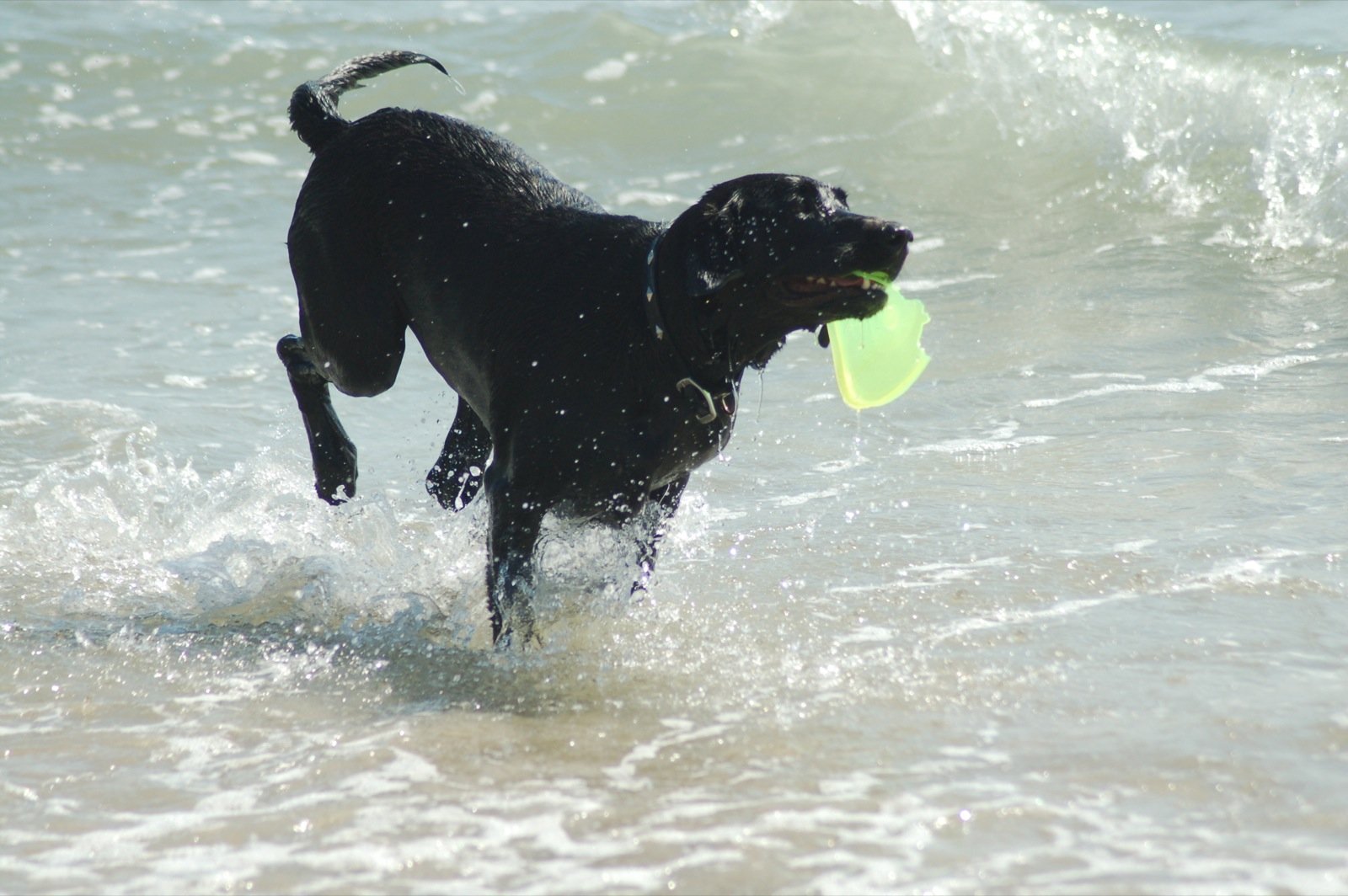Labradors, with their playful nature and loyal companionship, have captured the hearts of many dog lovers around the world. But what does it take to keep these energetic dogs happy and healthy? Owning a Labrador is a joy, yet it comes with responsibilities that require dedication and understanding. From their dietary needs to exercise routines, Labradors need specific care to thrive. Are you ready to uncover the secrets to keeping your Labrador in the best possible shape? Let’s dive into the world of daily care tips for Labradors that will ensure your furry friend leads a happy, healthy life!
Understanding Labrador Dietary Needs

Loyal, energetic, and irresistibly lovable, Labradors have earned their place as one of the most popular dog breeds in the world. Whether they’re bounding through a field or curling up at your feet, these four-legged companions thrive on attention, routine, and a whole lot of love. But behind every wagging tail and playful bark is a need for consistent, thoughtful care.
Labradors are known for their love of food, often gobbling down meals with an enthusiasm that can be both amusing and concerning. It’s crucial to provide them with a balanced diet rich in proteins, fats, and carbohydrates. High-quality dog food, specifically formulated for large breeds, ensures they receive the necessary nutrients. Avoid feeding them table scraps, as it can lead to obesity. Remember, moderation is key. Treats should only make up about 10% of their daily caloric intake. Keeping an eye on their weight is essential, as Labradors are prone to obesity, which can lead to health complications like joint issues and diabetes.
Importance of Regular Exercise

Labradors are energetic dogs that require regular exercise to maintain their physical and mental health. A daily walk or run, lasting at least 30 minutes, can help burn off excess energy. Engage them in activities like fetch or swimming, which are both enjoyable and beneficial for their muscles. Lack of exercise can lead to behavioral problems such as chewing or digging. Regular exercise also helps in weight management, reducing the risk of obesity-related health issues. Keep in mind that Labradors thrive on routine, so try to maintain a consistent exercise schedule.
Grooming Your Labrador
While Labradors have short coats, they do shed, especially during the spring and fall. Regular grooming helps keep their coat healthy and reduces shedding around the house. Brushing them once or twice a week is usually sufficient. Bathing should be done as needed, typically once a month, to maintain their skin’s natural oils. Don’t forget to clean their ears and trim their nails regularly. This grooming routine not only keeps them looking their best but also provides an opportunity to check for any skin issues or parasites.
Maintaining Dental Health
Dental health is often overlooked but is crucial for a Labrador’s overall well-being. Regular brushing of their teeth can prevent plaque buildup and gum disease. Use a dog-specific toothbrush and toothpaste for the best results. Providing them with dental chews or toys can also help in maintaining their oral hygiene. Regular dental check-ups with the vet are advised to catch any issues early. A healthy mouth leads to a healthy dog, preventing pain and infections that can affect their quality of life.
Providing Mental Stimulation
Mental stimulation is as important as physical exercise for Labradors. These intelligent dogs thrive on challenges and problem-solving activities. Interactive toys, puzzle feeders, and training exercises can keep their minds sharp. Engaging them in new games or teaching them new tricks can also be rewarding for both the dog and the owner. A mentally stimulated Labrador is less likely to develop destructive behaviors out of boredom. Keep their environment enriching and varied to ensure they remain happy and content.
Socialization and Interaction

Labradors are social animals that enjoy interaction with both humans and other dogs. Regular socialization helps them develop good manners and reduces anxiety in new situations. Arrange playdates with other dogs or take them to dog parks where they can interact freely. Encourage positive interactions with different people, environments, and experiences. Socialization during their early months is crucial, but continued exposure throughout their life is equally important. A well-socialized Labrador is confident, friendly, and adaptable to various situations.
Understanding Labrador Health Concerns
Labradors are generally healthy dogs, but they are prone to certain genetic health issues such as hip dysplasia and elbow dysplasia. Regular vet check-ups are essential to monitor their health and catch any problems early. Vaccinations and preventative care, like flea and tick treatments, should be kept up to date. Understanding the signs of common health issues allows for prompt treatment. Keeping an open line of communication with your veterinarian ensures that your Labrador receives the best possible care.
Creating a Safe Environment
Creating a safe environment for your Labrador is vital for their well-being. Ensure your home and yard are free from hazards like toxic plants, sharp objects, or unsecured trash bins. Labradors are curious and might chew on things they shouldn’t, so it’s important to puppy-proof areas they frequent. Provide them with a comfortable bed and a designated space where they can relax. Safety extends to outdoor activities as well, so always keep an eye on them during walks or playtime.
Training and Discipline
Training a Labrador requires patience and consistency. These intelligent dogs respond well to positive reinforcement techniques. Basic commands like sit, stay, and come should be part of their training repertoire. Consistent discipline helps them understand boundaries and acceptable behaviors. Avoid harsh punishments, as they can lead to fear and anxiety. Instead, reward good behavior with treats or praise. A well-trained Labrador is a joy to be around and makes for a well-adjusted family member.
Building a Strong Bond
Building a strong bond with your Labrador is the foundation of a happy relationship. Spend quality time with them, whether it’s through play, cuddling, or simply being present. Understand their body language and communicate with them effectively. Labradors are known for their loyalty and affection, and nurturing this bond enhances their happiness. The trust and love shared between a Labrador and their owner create a fulfilling and lasting companionship.
Caring for a Labrador is a rewarding experience filled with joy and love. By understanding their needs and providing the right care, you can ensure your Labrador leads a fulfilling life. Are you ready to embrace the joy and responsibility of owning a Labrador?





